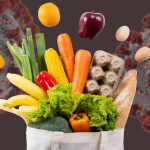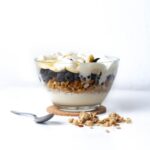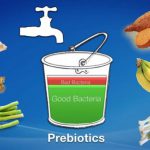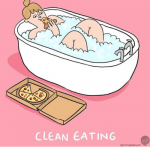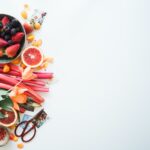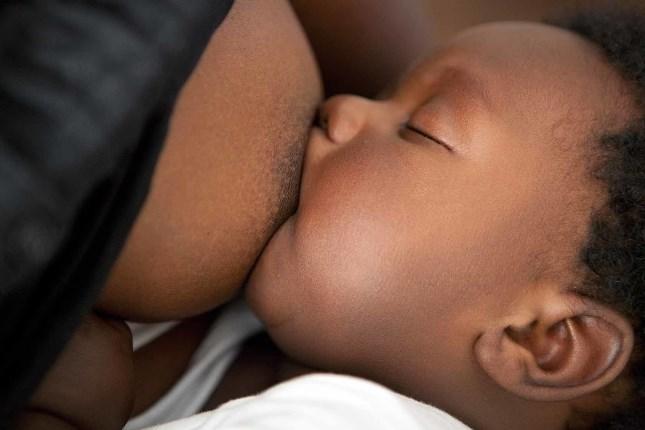There is already ample country dependent and global data about the recommended guidelines to follow when breastfeeding your infant. The wake of COVID 19 has certainly called for further research around this complex subject with very early research being conducted to determine the extent to which breastfeeding could protect from contracting coronavirus!
Traditionally, Exclusive breastfeeding for 6 months is the ultimate global guideline that is practically utilized by almost all countries. A recent report about the recovery of a nine-month-old infant in India believed to have consumed breastmilk that led to his recovery from the corona virus has sent out various organizations to closely study the possibility of breastmilk as a remedy for COVID 19 patients!
The infant had previously been allegedly infected with Covid 19 from his father who had also tested positive. It is for this reason that immunologists in Amsterdam and New York have begun a study that evaluates the antibodies in breast milk that could potentially be used as a remedy to protect against respiratory infections.
The aim of this article, however, is to inform you about the parameters that you should take or expect when breastfeeding during this pandemic as a new mother or an already breastfeeding mother.
With very few studies known about the virus, there is no current evidence of the transmission of the virus from the mother to an infant through breast milk. UNICEF has, therefore, recommended the continuation of breastfeeding while taking proper hygiene precautions. Mothers who are COVID 19 positive should wear a mask when near the baby at the same time ensuring that they are cleaning and disinfecting any other surfaces that they may have come into contact with while handling the baby.
New mothers who have planned to breastfeed their baby can maintain precaution while pumping milk by disinfecting the pumps and ensuring that all parts of the bottle that come into contact with the baby are cleaned out properly. A COVID 19 positive mother who has just given birth can expect to still initiate breastfeeding within one hour of birth. CDC and WHO states that mothers should still expect skin to skin contact as well as ‘rooming-in’ (letting mothers and babies stay together during the day and night) while observing proper precautions recommended to ensure that skin contact is maintained as much as possible.
Ultimately, if a COVID 19 positive mother feels that they cannot breastfeed, they can choose the option of either expressing their milk and delegating the duty to feed the baby to another healthy guardian. Such a mother can also choose to do wet-nursing (where another woman breastfeeds the child) or using donor milk. The mother should avoid mixing formula and breastmilk at all costs since this causes digestion complications and reduces the immunity of the infant.
A mother who has been diagnosed with other complications such as HIV should also adhere to the medication offered by the physicians while exclusively breastfeeding for 6 months and then introducing adequate and safe complementary foods after 6 months.
It is also worth noting that coronavirus has been undetectable in bodily fluids of an expectant mother namely: amniotic fluid, breast milk, and other maternal samples. A mother should also seek psychosocial support should she be experiencing household stress that could include food security to ensure that she can continue to produce enough milk for the baby.
You may have some questions, please send them to info@ask-thenutritionist.com


